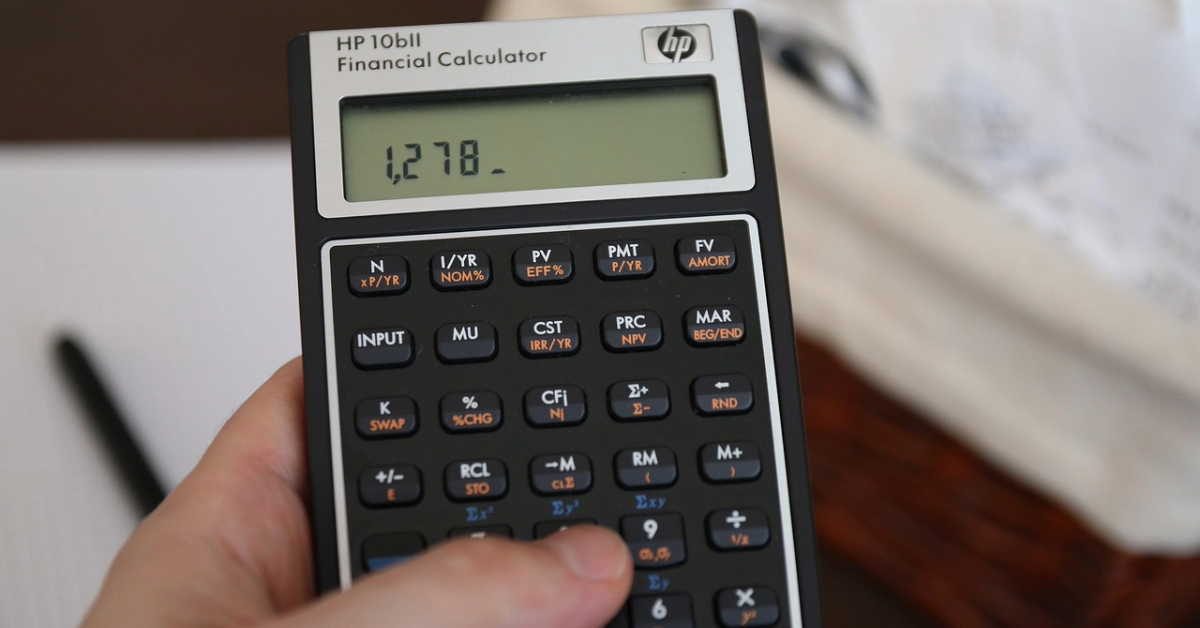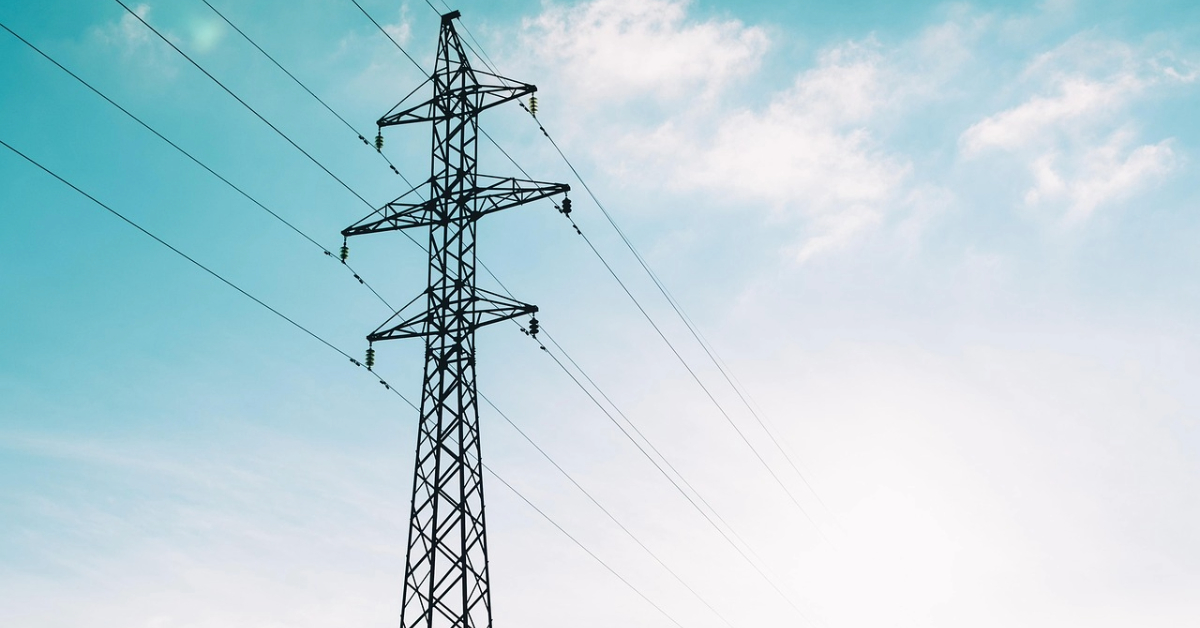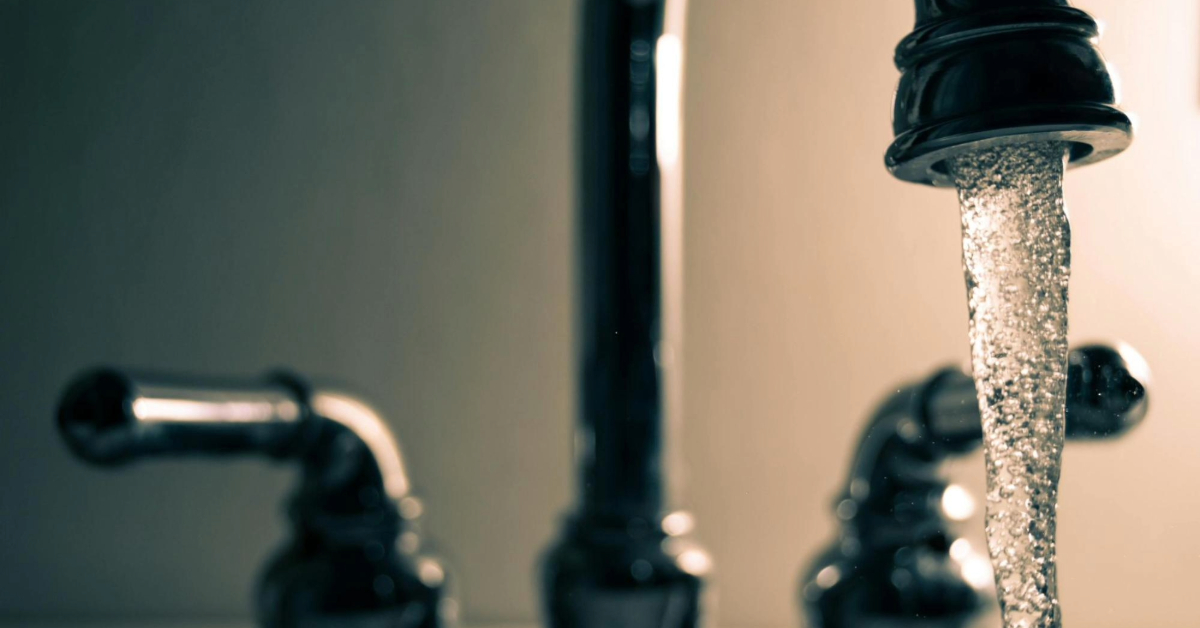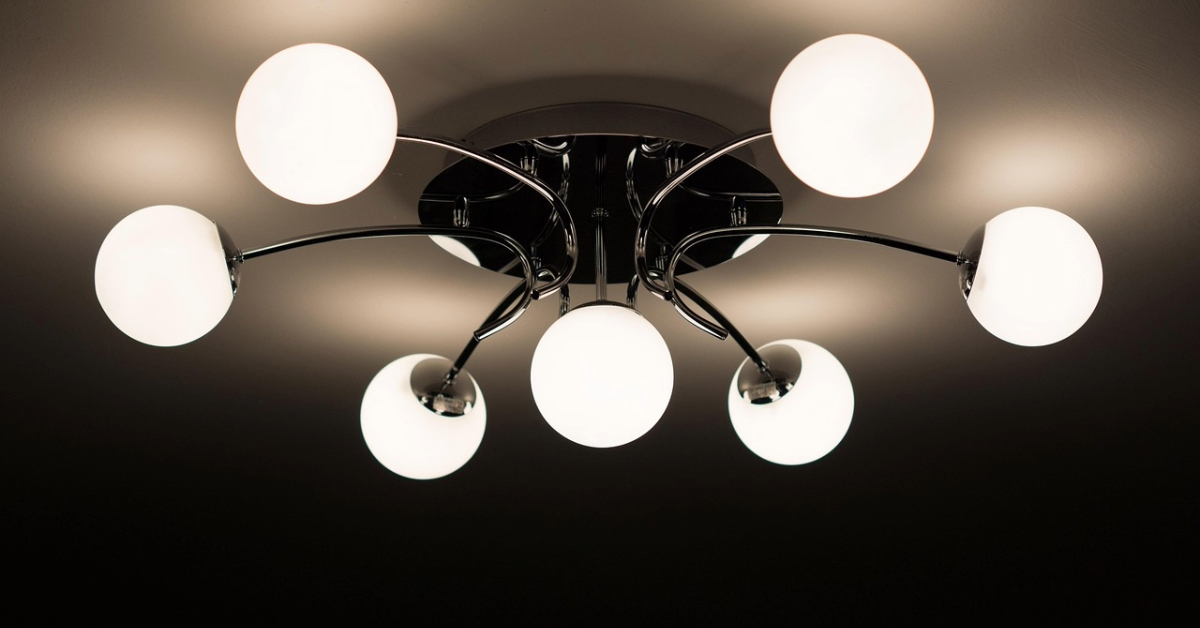Living in the UAE means access to world‑class infrastructure, but utilities such as electricity, water, cooling, and municipal services contribute a significant share of monthly household and business expenses. This guide explains what utilities bills are, what they typically include, how billing works in different emirates, and practical tips to manage your costs.
- What are utility bills in the UAE?
- Utility service providers across the UAE
- How utility billing works: By the emirate
- Example of DEWA Bill
- How do you register and pay your utility bills?
- Tips for managing and reducing utility bills
- Key takeaways
- FAQs

What are utility bills in the UAE?
In the UAE, utility bills typically cover usage-based services such as electricity, water, sewerage (in certain Emirates), municipality or housing fees and sometimes gas or district cooling. Telecom services like the internet and phone are billed separately.
Electricity is usually measured in kilowatt-hours (kWh) and water in cubic meters (m³), with bills showing meter readings, consumption, tariffs, surcharges, and taxes. They also include key details like account number, billing period, property address, total amount, and due date.
Utility bills vary by emirate, as each has its own authority and tariff structure. Most Emirates follow a slab-based billing system, where higher consumption incurs higher per-unit charges. Utility bills are often used as proof of address for official procedures.
Utility service providers across the UAE
| Emirate / Region | Utility Authority / Provider | Notes / Additional Providers |
| Dubai | DEWA (Dubai Electricity & Water Authority) | District cooling providers (e.g. Empower) may bill via or alongside DEWA |
| Abu Dhabi | TAQA Distribution | TAQA Distribution was formed by the merger of ADDC (Abu Dhabi Distribution Company) and AADC (Al Ain Distribution Company) |
| Sharjah | SEWA (Sharjah Electricity, Water & Gas Authority) | Gas is included in SEWA’s services for many properties |
| Northern Emirates (Ajman, Umm Al Quwain, Ras Al Khaimah, Fujairah) | EtihadWE (Etihad Water & Electricity) | EtihadWE officially replaced the Federal Electricity and Water Authority (FEWA) in 2020 |
How utility billing works: By the emirate
There’s no one system across the UAE, with each Emirate adopting its own, so it’s important to note where you are being billed to.
Dubai (DEWA)
The Dubai Electricity and Water Authority (DEWA) is the main provider of utilities in Dubai. Utility billing in Dubai uses a slab tariff system to promote efficient electricity and water consumption. Your DEWA bill reflects actual usage measured by your electricity and water meters, along with other charges such as fuel surcharges linked to global oil prices and mandatory municipality fees based on your annual rent.
To access your DEWA bill, you must create an account via the DEWA portal or visit customer service centres. Bills are available both online (green bill) and in paper format.

Electricity tariffs in Dubai
To figure out how much electricity you’ve used, DEWA looks at your current meter reading and subtracts the previous reading, which gives the total units consumed. Next, DEWA divides your usage into different levels or tiers. Each tier has its own price per unit. This means that the more electricity you use, the higher the rate might be for the units in higher tiers. This system encourages saving energy by charging less for lower usage and more as consumption increases.
Here are the current slab tariffs for electricity consumption in residential properties:
| Category | Monthly usage (kWh) | Tariff (AED/kWh) |
| Green | 0 – 2,000 | 0.230 |
| Yellow | 2,001 – 4,000 | 0.280 |
| Orange | 4,001 – 6,000 | 0.320 |
| Red | 6,001+ | 0.380 |
A fuel surcharge of AED 0.06 per kWh is added to cover fuel cost fluctuations for electricity generation. There is also a fixed meter service charge.

Water tariffs in Dubai
Water consumption slab tariffs for residential properties are:
| Category | Monthly usage (m3) | Tariff (AED/m3) |
| Green | 0 – 27 | 7.700 |
| Yellow | 27 – 54 | 8.800 |
| Red | 54+ | 10.120 |
A fuel surcharge of AED 1.10 per cubic meter of water and a fixed metre charge are also applied for water consumption.
Additional charges and taxes
Dubai Municipality charges a sewerage fee collected through DEWA of 1 fils per gallon (about AED 0.22 per m³). This is set to increase to 2 fils in 2026 and 2.8 fils in 2027.
Dubai’s municipality or housing fee is calculated as 5% of the annual rent and usually appears as a monthly charge on your DEWA bill. This fee supports city services such as waste management and public maintenance.
Nakheel district cooling charges may appear on your DEWA bill if you live in certain developments that use centralised cooling systems. Additionally, a 5% VAT is applied to the total bill amount.
Connection requirements for DEWA
You need the following to register for DEWA in Dubai:
- Valid Ejari certificate (tenancy contract registered through Dubai’s Ejari system)
- Emirates ID (original and copy)
- Passport copy
Ejari is mandatory for tenants and acts as proof of tenancy for utility connections. The Ejari registration fee is AED 220 approximately if done through authorised typing centres or AED 177.75 via the Dubai REST app.
Abu Dhabi
Utility services across Abu Dhabi, Al Ain, and Al Dhafra are provided by TAQA Distribution, which emerged from the merger of ADDC and AADC in 2024. TAQA Distribution manages power and water distribution networks, meter installation, billing, and customer service.
In addition, bills issued by TAQA Distribution include electricity, water, municipality fees, and applicable VAT (5%). The billing follows a slab tariff system, with UAE Nationals typically paying significantly subsidised rates.
Electricity tariffs for residential customers
- UAE Nationals: Pay a highly subsidised rate of approximately AED 0.067 (6.7 fils) per kWh for consumption up to 400 kWh per month. Consumption beyond this slab is charged at higher rates.
- Expatriates: Charged a standard rate of around AED 0.268 (26.8 fils) per kWh for consumption up to 200 kWh per month, with increasing rates for higher usage.
- Tariff Structure: The tiered system encourages conservation by increasing rates with higher electricity consumption.

Water tariffs for residential customers
- UAE Nationals: Receive significant subsidies, with water rates heavily discounted. During the summer months, there is sometimes up to an 86% waiver.
- Expatriates: Pay closer to actual cost prices, approximately AED 7.84 per cubic meter.
- Subsidies: These subsidies reflect the government’s policy to support Emirati nationals in managing household utility expenses.
Municipality Fees
A 5% municipality fee is applied monthly on the rental value of the property. This fee supports local services and infrastructure. UAE nationals may be exempted from this fee if the property is owner-occupied.
Connection requirements
To get an electricity and water supply connection in Abu Dhabi, you must apply to TAQA Distribution. Registering your tenancy contract is a prerequisite which can be done through the Tawtheeq system, managed by the Abu Dhabi Department of Municipalities and Transport (DMT).
The documents required to activate your electricity and water supply are as follows:
For tenants:
- Passport copy
- Emirates ID card
- Attested tenancy contract (via Tawtheeq system)
- Account closing confirmation from the previous tenant
For owners:
- Passport copy
- Emirates ID card
- Title deed or site plan issued by Abu Dhabi Municipality
- Account closing letter from the previous tenant (if applicable)
Sharjah
Sharjah Electricity, Water, and Gas Authority (SEWA) is the utility provider in Sharjah. SEWA’s slab-based system is similar to DEWA’s but with slightly different pricing and units.
Electricity slabs (residential)
| Slab | Monthly usage (kWh) | Tariff (AED/kWh) |
| Green | 0 – 2,000 | 0.23 |
| Yellow | 2,001 – 4,000 | 0.28 |
| Orange | 4,001 – 6,000 | 0.32 |
| Red | 6,001 and above | 0.38 |
Your bill will also include a fuel surcharge of 0.06 AED/kWh.
Water slabs (residential)
| Slab | Monthly usage (m³) | Tariff (AED/m³) |
| Green | 0 – 27 | 7.699 |
| Yellow | 27 – 54 | 8.799 |
| Red | 54+ | 10.118 |
Your bill will also include a water surcharge of 1.10 AED/m³.
Sewerage fee
A sewerage charge was introduced in April 2025 for expats only at around 3.30 AED/m³ (1.5 fils per gallon).
Required documents for tenants and landlords
- Original tenancy contract signed by both tenant and landlord
- Emirates ID copy
- Initial metre reading of the property
- A certificate that proves the landlord’s property ownership

Northern Emirates
Etihad Water and Electricity (EtihadWE) manages the electricity and water supply in Ajman, Umm Al Quwain, Fujairah, Ras Al Khaimah, replacing FEWA since 2020.
Utility billing and registration processes in these regions are similar to those in other Emirates, with slab tariffs and surcharges applied according to local regulations.
How do you register and pay your utility bills?
There are many ways you can register and pay your utility bills on-site as well as over the phone or via apps.
Registration and activation
When residing in the UAE, you must follow the utility registration and security deposit procedures specified by the utility provider operating in your emirate. Registration and activation steps typically include:
- Visit the utility authority’s customer centre or apply via their online portal
- Submit your tenancy contract (Ejari/Tawtheeq, etc.) and other documentation
- Identify yourself via Emirates ID or passport
- Pay any required security deposit or connection activation fee
- Meter installation and service setup
Ways to pay UAE utility bills
You can use the following bill payment methods:
| Channel | Typical Options |
| Utility website or mobile app | DEWA app, TAQA website, SEWA app, etc. |
| Auto-pay setup via direct debit | Direct debit, standing instructions |
| Authorised kiosks or self-service terminals | At malls, metro stations, and utility centres |
| Banks and other payment centres | Through in-branch utility bill payment counters |
| Third-party bill aggregator apps | Some UAE banking apps support utility payments |
Late payments and disconnection
Most utilities impose a late payment fee or interest, so it’s important to check the authority’s policy specific to your emirate. If bills remain unpaid for an extended period, the utility service may be disconnected. Reconnection typically requires settling all outstanding dues, along with additional reactivation charges or a higher deposit. Always check your bill’s due date to avoid such penalties and disruptions, and ensure payment is made on time.
Tips for managing and reducing utility bills
- Use energy-efficient appliances. Buy A+++ rated ACs, refrigerators, washing machines, etc.
- Monitor consumption via apps or smart meters. You can check your daily and weekly usage and adjust it if necessary.
- Avoid excessive cooling during the hottest hours. While most residential tariffs in the UAE do not depend on hour-of-use, this is a good practice to reduce your bill.
- Seal air leaks and insulate windows to reduce AC load.
- Switch off standby appliances, such as chargers and TVs.
- Use blinds and shades on windows to reduce indoor heat gain.
- Participate in conservation programs offered by utility companies.
Key takeaways
Utility bills in the UAE typically include electricity, water, and municipality or housing fees, with additional charges such as sewerage, fuel surcharges, and VAT depending on the emirate. Each region has its own utility authority, such as DEWA in Dubai, TAQA Distribution in Abu Dhabi, SEWA in Sharjah, and EtihadWE in the northern emirates.
Billing is based on actual consumption and follows a slab tariff system. This means the more you use, the higher your per-unit cost will be. Expatriates generally pay higher utility rates than UAE nationals due to fewer subsidies. To activate utilities, you’ll need to submit documents like your tenancy contract and Emirates ID to the respective authority. Understanding your billing breakdown and adopting energy-efficient habits can significantly reduce your monthly utility costs.
FAQs
To register for utility services, you need a valid and attested tenancy contract, an Emirates ID, and your passport. Sometimes you might also need to show a property ownership certificate, an account closing letter from a previous tenant, and an initial meter reading of the property.
Bills are based on actual consumption of electricity (in kWh) and water (in m³), using a slab tariff system.
It’s a tiered pricing system where the per-unit rate increases as your consumption rises.
You can pay through utility apps, websites, kiosks, bank platforms, or by setting up auto-pay.
If you do not pay your utility bill on time, you may face late fees, service disconnection, and higher reconnection or deposit charges.